Interpersonal Skills and Self-Improvement
Human Resources
£2360 (£1600 during the tuition waiver period)
This module aims to cultivate and enhance learners' understanding of the pivotal theories and principles that underscore effective leadership within educational environments. Facilitated through a varied anthology of case studies from diverse settings, learners will analyse and evaluate leadership concepts critically and apply them to their own professional practice.


1. Elucidate and critically analyse contemporary leadership theories and practices within educational environments
2. Synthesise and apply pertinent leadership theories to real-world educational settings, fostering a conducive learning and teaching milieu
3. Engage in introspective reflection, evaluating their own leadership practices to identify areas of strength and delineate opportunities for growth
4. Discern and adhere to ethical principles in leadership, advocating for inclusivity and equity in educational settings


Scholarships
Citizens of the following countries are eligible for a 50% scholarship upon writing a personal statement. All scholarships are to be approved by the Academic Board. The list of countries are: Sri Lanka, Indonesia, Philippines, Bhutan, Morocco, Vietnam, Papua New Guinea, Laos, Cambodia, India, Nigeria, Ghana, Bangladesh, Laos, Myanmar, Pakistan, Nepal and South Africa. Please talk to your student counselor and ask for the Coupon Code to get the 50% Tuition Waiver.

To pass the unit a 40% overall grade must be achieved.

You are eligible if you meet our stipulated entry requirements.









Foundations of Contemporary Leadership Theories
Comparative Studies of Leadership Theories
Application of Leadership Theories
Personal Leadership Development
Ethical Leadership and Inclusivity
Integrative Leadership Practices
Future Trends and Continuing Education